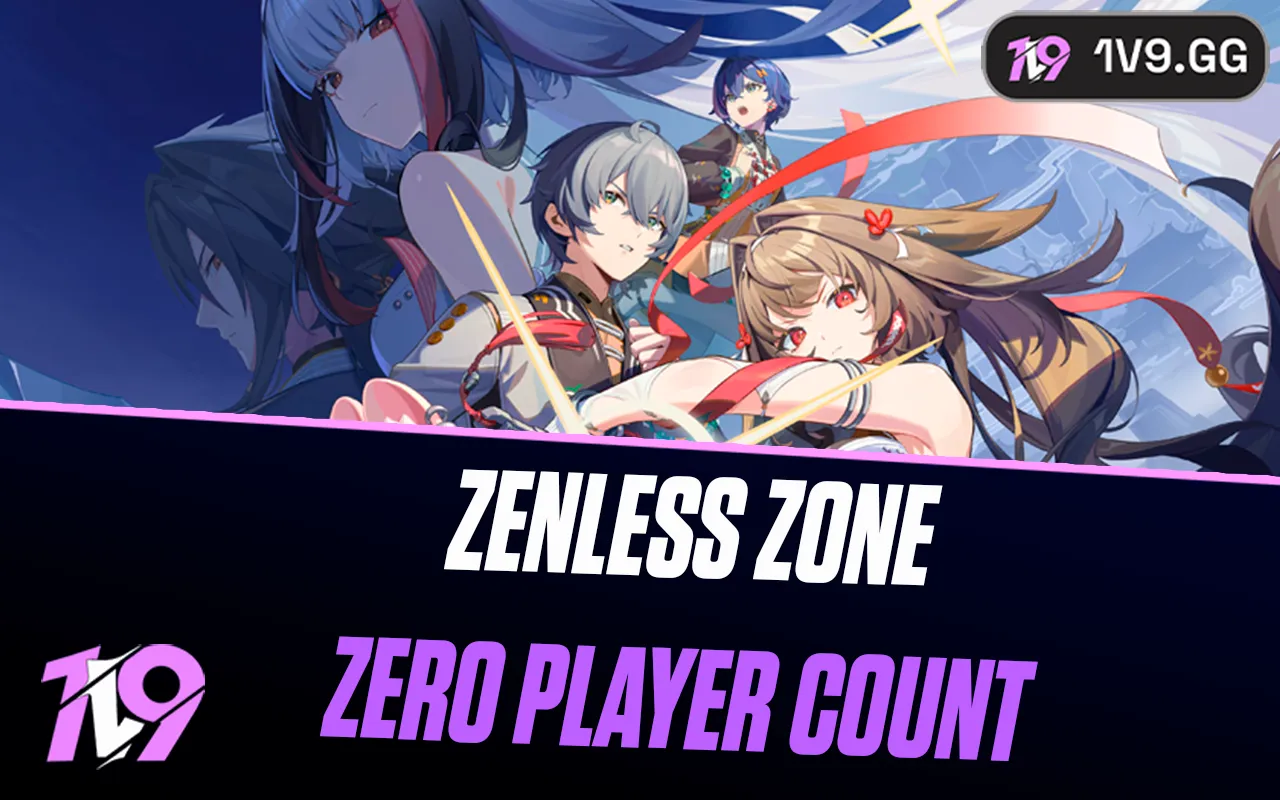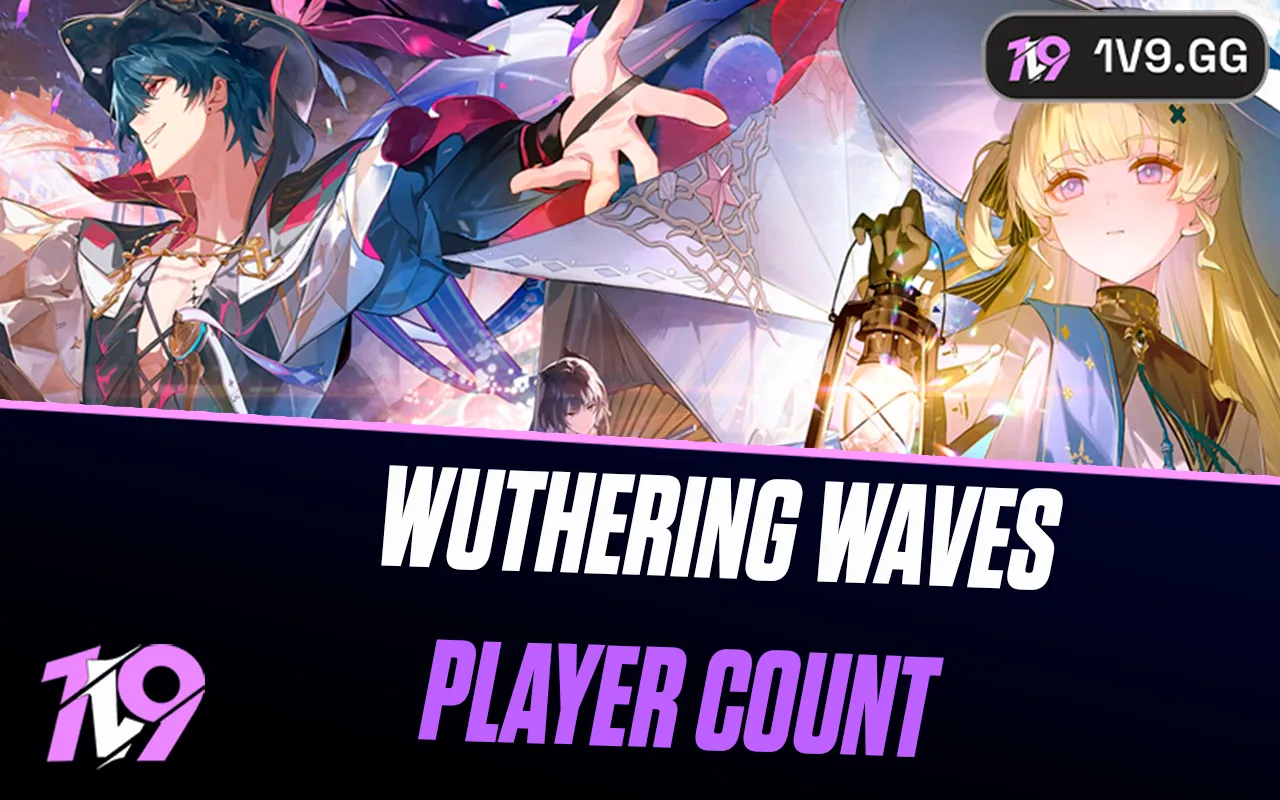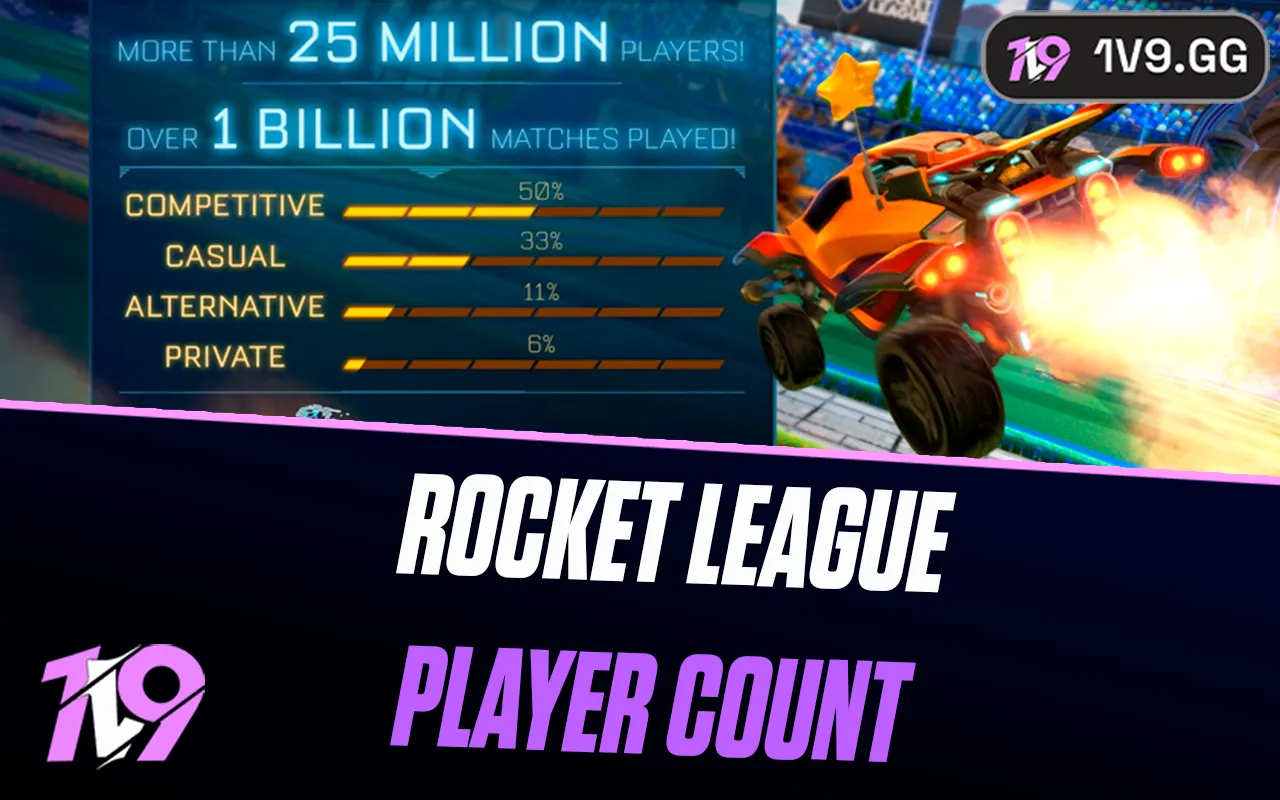- Home
Games
 League of Legends
League of Legends Valorant
Valorant-a6d5b3e156bb.webp) Fortnite
Fortnite Call of Duty
Call of Duty Clash of Clans
Clash of Clans GTA 5
GTA 5 Counter-Strike 2
Counter-Strike 2 Roblox
Roblox Rainbow Six Siege
Rainbow Six Siege Clash Royale
Clash Royale Minecraft
Minecraft Dota 2
Dota 2 Rocket League
Rocket League Genshin Impact
Genshin Impact Squad Busters
Squad Busters Rust
Rust Apex Legends
Apex Legends Pokemon Go
Pokemon Go XDefiant
XDefiant Hay Day
Hay Day LoL: Wild Rift
LoL: Wild Rift Diablo 4
Diablo 4 World of Warcraft
World of Warcraft Destiny 2
Destiny 2 FC 25
FC 25 Marvel Rivals
Marvel Rivals-9ede9dc6b01b.webp) PUBG Mobile
PUBG Mobile The Finals
The Finals Deadlock
Deadlock Forza Horizon 5
Forza Horizon 5 Growtopia
Growtopia Honkai: Star Rail
Honkai: Star Rail 8 Ball Pool
8 Ball Pool Warframe
Warframe Zenless Zone Zero
Zenless Zone Zero Runescape 3
Runescape 3 Path of Exile
Path of Exile Raid: Shadow Legends
Raid: Shadow Legends Lost Ark
Lost Ark WoW: Classic Era
WoW: Classic Era Summoners War
Summoners War WoW: Season of Discovery
WoW: Season of Discovery WoW Cataclysm
WoW Cataclysm WoW: Hardcore
WoW: Hardcore Throne and Liberty
Throne and Liberty New World
New World Mobile Legends
Mobile Legends Escape From Tarkov
Escape From Tarkov Path of Exile 2
Path of Exile 2 Blade Ball
Blade Ball Fisch
Fisch Pet Simulator 99
Pet Simulator 99 Pets Go
Pets Go-d8bcef7708c7.webp) One Piece Bounty
One Piece Bounty Anime Adventures
Anime Adventures Blox Fruits
Blox Fruits Adopt Me
Adopt Me Murder Mystery 2
Murder Mystery 2 Fragpunk
Fragpunk Wuthering Waves
Wuthering Waves Free Fire
Free Fire Teamfight Tactics
Teamfight Tactics Albion Online
Albion Online Black Desert Online
Black Desert Online Honor of Kings
Honor of Kings Brawl Stars
Brawl Stars Arena of Valor
Arena of Valor Call of Duty: Mobile
Call of Duty: Mobile Rematch
Rematch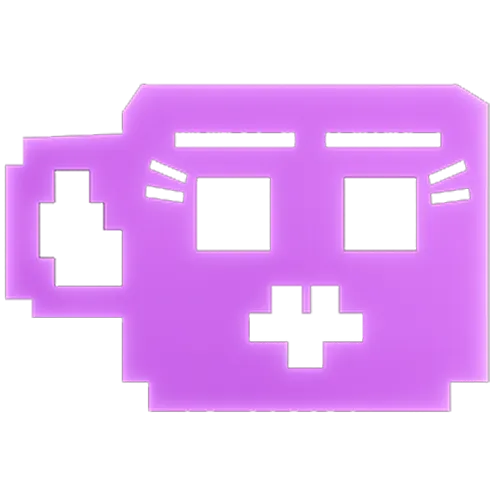 Steal a Brainrot
Steal a Brainrot Grow a Garden
Grow a Garden FC 26
FC 26 Plants vs Brainrots
Plants vs Brainrots Old School Runescape
Old School Runescape Overwatch
Overwatch Battlefield
Battlefield Arc Raiders
Arc Raiders Dragon Ball Legends
Dragon Ball Legends Fallout 76
Fallout 76 Jailbreak
Jailbreak Type Soul
Type Soul GPO
GPO DonutSMP
DonutSMP Escape Tsunami For Brainrots
Escape Tsunami For Brainrots Watcher of Realms
Watcher of Realms Roblox Rivals
Roblox Rivals- Lootboxes
- Become Affiliate
- Blog
- Contact Us
- Sign In
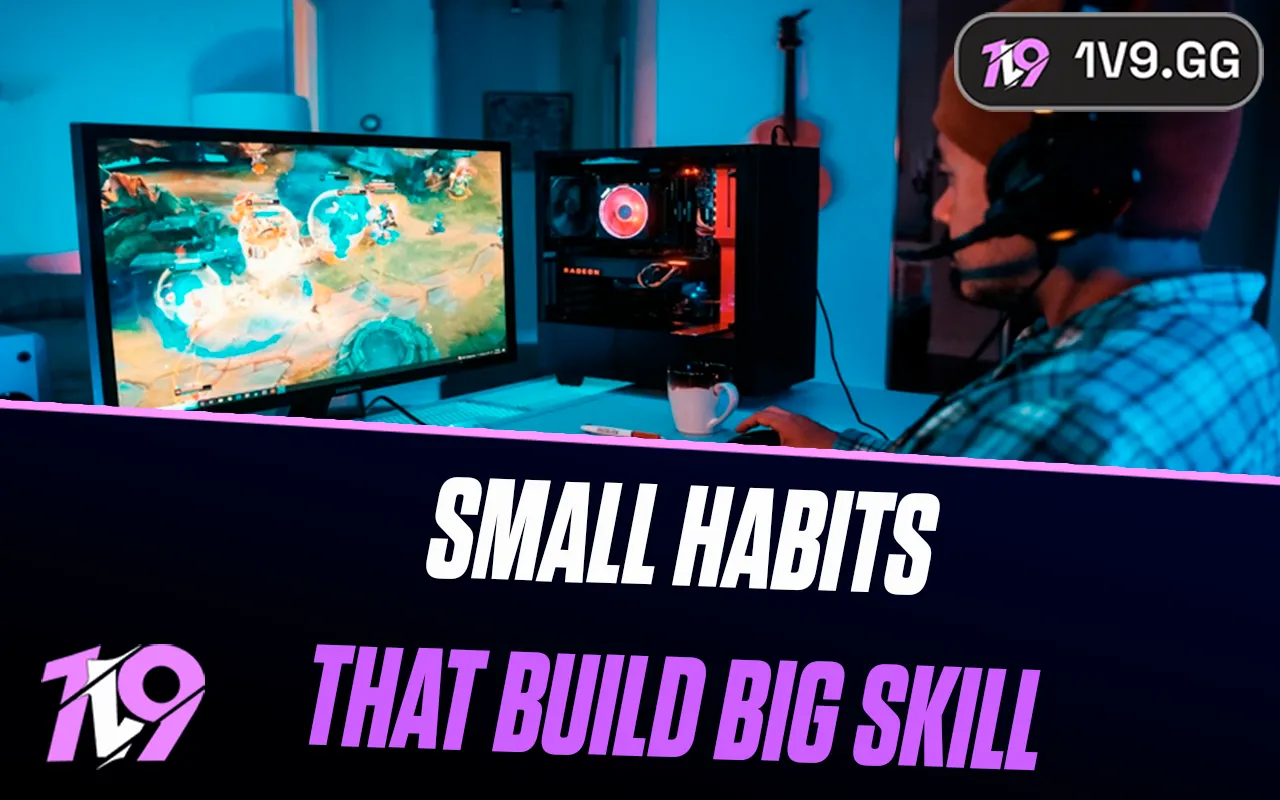
The 1v9er Routine: Small Habits That Build Big Skill
Photo by Samsung Memory on Unsplash
In gaming, 1v9 is used to describe a player who performs so well that they seem to carry the entire team alone. This represents a level of skill, focus, and consistency that a lot of players desire to reach but find very hard to. Becoming a 1v9er doesn't happen overnight; it takes small habits that eventually turn into valuable skills over a long period of time.
Gamers believe that big improvements usually come from small, consistent habits. This is why they train daily, review their mistakes, rest properly, and never stop learning. In order to become a 1v9er, the player must be willing to develop habits that make every minute of their play time more effective.
1. Warm Up Deliberately (5–10 Minutes)
Before playing real matches or competing against anyone, it is important to spend about 5 to 10 minutes warming up. This is a good way to set the tone for the whole session. The warm-up is a means to get the mind and muscle memory ready. A good warm-up can include aim drill, simple movement tasks, or tracking and flocking exercises. This drill will help wake up the neuromuscular system and reduce early mistakes.
For example, many players have admitted that after two or three warm-up rounds, their tracking and reaction feel three times better than in the first few minutes of playing. Frequent practice acts as a form of warm-up, too. When a player plays regularly, their body stays used to the finer control of the game.
The idea is similar to how new online casinos usually let players try demo versions before placing real bets. These latest sites give users a chance to check out features, test mechanics, and build confidence before committing real funds. In the same way, a warm-up round gives gamers room to experiment, adjust, and enter real matches in better form.
When players make it a habit to warm up deliberately before any serious play, they are able to reduce variance in their early game, make fewer errors, and enter their matches close to peak performance.
2. Reflect After Mistakes (5–10 Seconds)
Taking a moment to reflect after dying or losing a fight is very helpful for every player who intends to become very skilled. Find out what could have gone wrong and how the next game can be better. Observant players will be able to check their positioning, timing, attention, or target selection in order to understand their weaknesses. This habit usually works because of how learning works.
In a lot of performance fields, error feedback helps to speed up improvements more than just repeating the same actions every time. Generally, players who review mistakes tend to reduce repeated errors faster. In one esports training survey, it was discovered that elite players train 5.28 hours per day (37 hours per week). However, all that's actually needed to improve gaming reflexes is about half of that. Players who spend at least 14 hours a week gaming tend to have improved accuracy and shorter reaction times.
3. Focus On One Skill Per Session
Trying to fix every problem at once is not a great idea; it will not only split attention but also slow down growth. Players who intend to build great skills must be patient enough to focus on one thing at a time in a particular session. When a player does that, it is easier for their brain to dig deeper into that area. Over weeks, they can put together session themes to focus on and rotate in order to ensure that every major part of their gameplay improves. This is similar to how athletes isolate their weaknesses before integrating them.
In elite esports, training is broken into different parts. Players who put deliberate effort into one area tend to show better improvement curves in that area. This helps players not waste mental strength trying to focus on every problem at the same time.
4. Take Short, Smart Breaks (2–3 Minutes)
Continuous play without breaks leads to fatigue, tunnel vision, and bad decisions. Studies have shown that performance in long gaming sessions drops by 8-10% if there are no breaks taken. Micro breaks, even if it's just 2 or 3 minutes of rest, stretching, hydration, or an eye test, help the brain to reset. A recent meta-analysis found that micro-breaks improve well-being and performance by 25%. This also applies to gamers, too. So, after 2 or 3 matches, it is good to step away for a short break to stand, stretch, and breathe.
5. Watch And Emulate The Greats (10 Minutes Daily)
Players who intend to grow must be willing to watch other people play, especially 1v9ers that they look up to. Players should spend 10 minutes each day watching pro matches from 1v9ers, high-risk streams, and even their own replays. Or they can spend that time reading the latest 1v9 news and insights. The goal is to use this time to extract habits, tactics, rotation styles, and decision patterns. Many top players have admitted that replay review or studying other pros is as important as playing. Emulating good plays from pros helps to make every hour count, not just more hours.
By copying one habit per day and training with them consistently, gameplay gradually becomes better and the player develops sharper instincts, smarter rotations, and better mechanics.
Posted On: October 20th, 2025
Recent Articles
💬 Need help?
Our 1v9 support team is available 24/7 to help you with any questions or issues you may have.
support@1v9.gg
Loading...
1v9.gg is not endorsed or affiliated by any game developers or publishers.
2025 1v9, All Rights Reserved, Created By NightDev

